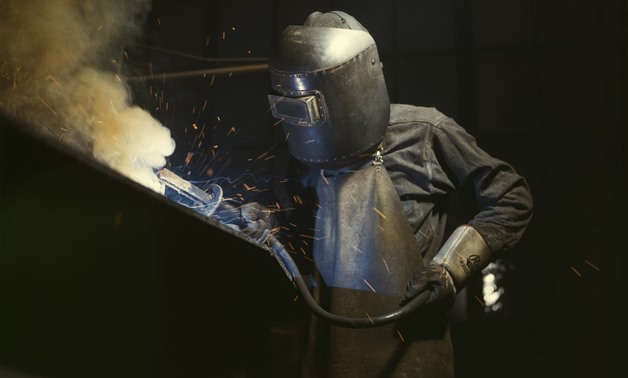
Welder making boilers for a ship, Combustion Engineering Company. Chattanooga, Tennessee, June 1942. CC via Wikimedia Commons/Alfred T. Palmer
CAIRO - 20 July 2019: With rising promise for investments in the manufacturing sector
and the introduction of new industries to Egypt, the need for qualified labor arises. The state and the private sector are taking initiatives to provide technical education for blue-collar workers, equipping them with the market’s required skills.
The state does not only deliver technical education in specialized high schools, but also in 41 vocational training centers administered by the Ministry of Manpower and spread across 21 governorates. As for the private sector, technical education opportunities can be offered either by a single large corporate or a group of SMEs through associations.
Sectors in Need of Qualified Labor
Member of Localization Committee at the Federation of Engineering Bahgat El Dahesh, PhD., tells Business Today Egypt that technical education is needed in the segments of air conditioning, welding, rubber, die-casting, lean manufacturing, and optimized manufacturing. He explains that Egyptian technical workers need to learn to eliminate losses, ensuring safety and quality, as well as achieving economic efficiency.
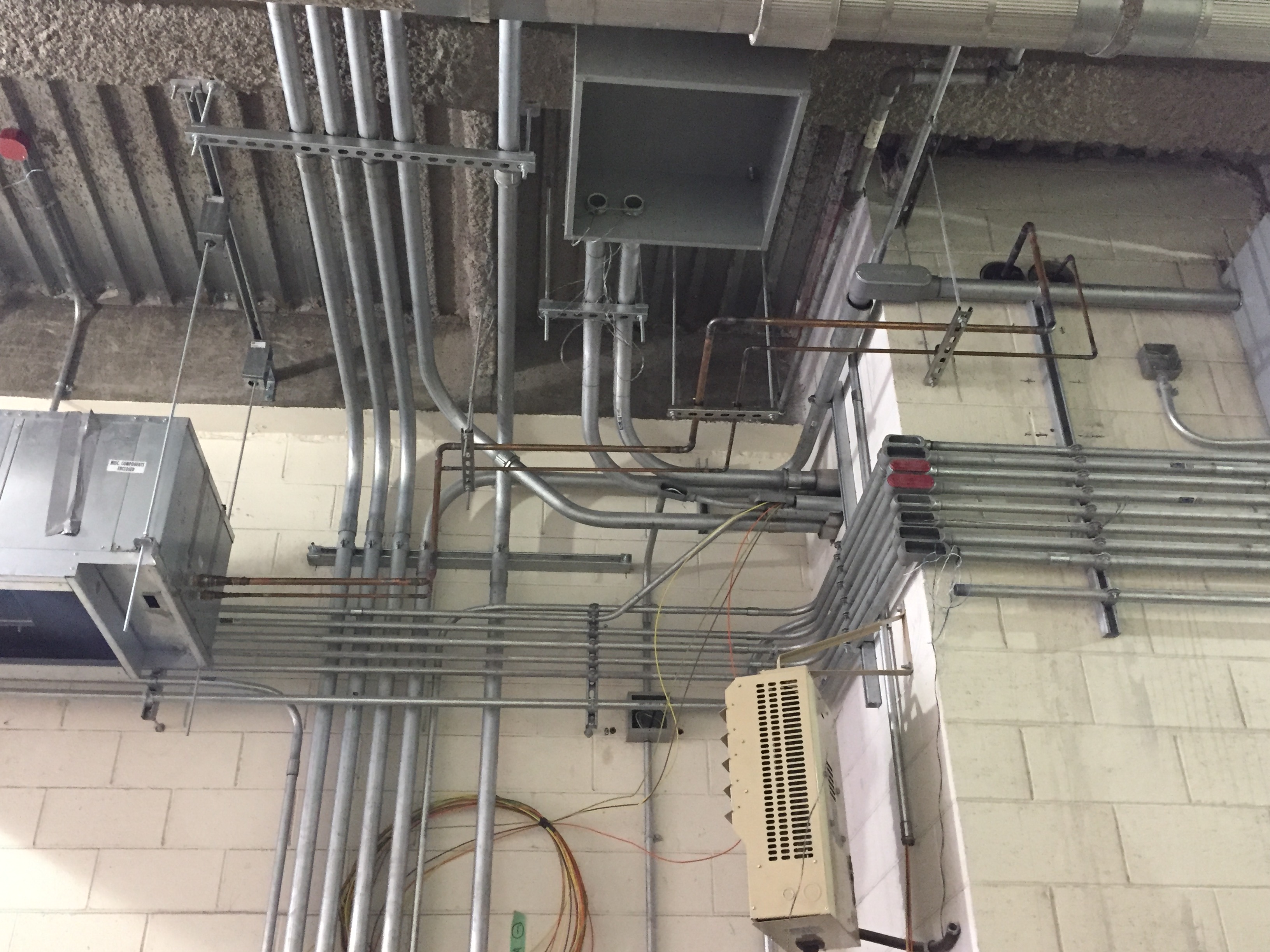
Supply and return conduit for an air conditioning unit installed in the 50th Street ventilation facility. July 9, 2018. CC via Wikimedia Commons/MTA Capital Construction Mega Projects
The industrial expert explains that the rubber industry is important as Egypt imports the material, although rubber manufacturing is not a modern industry. Whereas rubber is banned in some countries due to environmental concerns, Egypt can manufacture “clean rubber” used in the doors of washing machines and fridges.
El Dahesh says that Egyptian workers should also learn Computer Numerical Control (CNC) machining, which involves the use of computers to control machine tools. The expert suggests using that technology in lathe, in order to produce molds and dies.
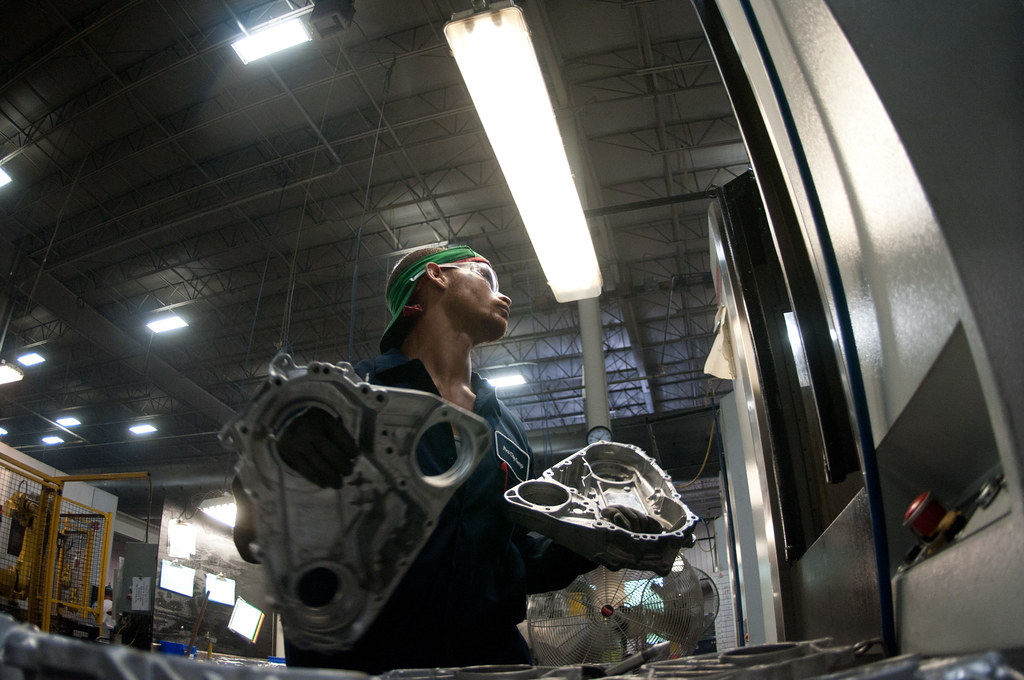
Computer Numerical Control (CNC) machining - CC via Flickr USDA
El Dahesh adds that technical education in Egypt should also include Programmable Logic Controller (PLC) used in the automation of factories, production and assembly lines as well as robotics.
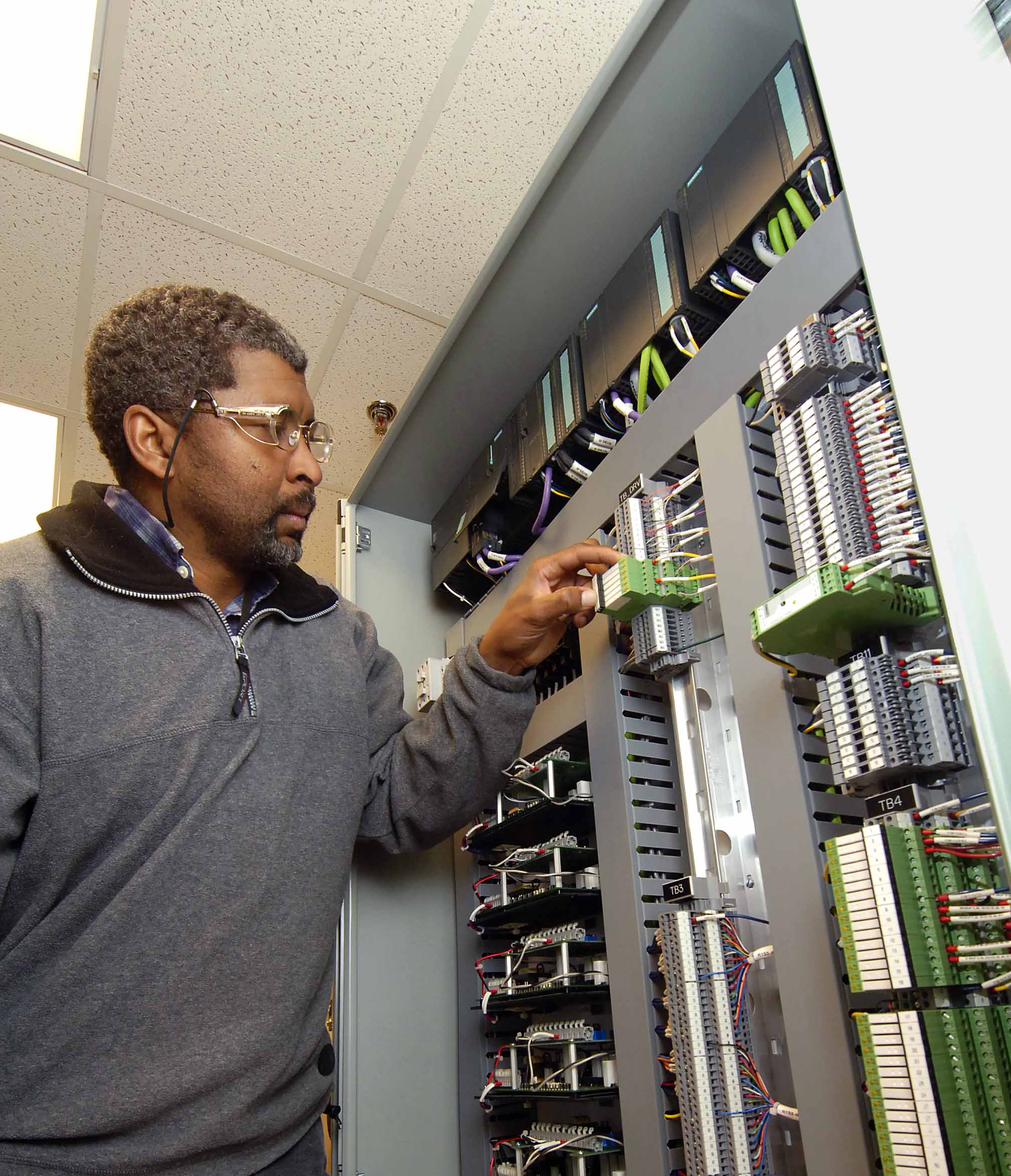
Programmable Logic Controller (PLC) - U.S. Air Force photos by Dave Faytinger
As for the mechanism that should be adopted to qualify the technical worker, El Dahesh stresses the importance of having a personnel qualification system. A worker must obtain a license that indicates his field of specialty, such as home maintenance for instance, and his status level of expertise, be it beginner/assistant, professional, or supervisor. There must also be a certification for technical trainers and teachers.
El Dahesh adds that the certification must have an expiry date to ensure that the worker or trainer is up to date with his respective industry’s developments. Also, the certification must be granted by one accredited entity that can create a database of workers and trainers. This will facilitate the hiring process for employers seeking qualified labor across sectors and industries, Al Dahesh concludes.
Joint Efforts
Deputy Chairman of Alexandria Business Association (ABA) Abdel Moneim Hafez, PhD, tells Business Today Egypt that ABA currently has a vocational training center called VTEC in Gheit Al Enab’s Bashaer Al Kheir, offering education in the crafts of carpentry, welding, electrical maintenance, air conditioning, electric auto repair, hospitality, professional safety, and fast fashion.
As VTEC also offers employment services, graduates of the different programs have the chance to work at the factories owned by ABA members or others in Alexandria. Hafez adds that manufacturers previously used to train youth in their factories under the Mubarak Call initiative for industrial training.
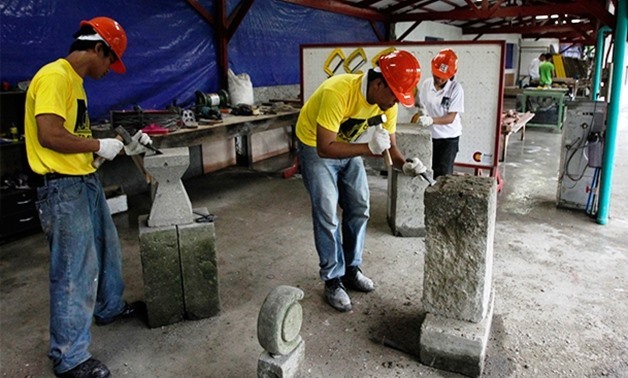
Technical Education - Reuters
He explains that the shortage of talent currently exists in both the technical and managerial sectors. He says there is a shortage in IT technicians, as well as in individuals who can work in sales, financial or executive-level jobs.
Hafez clarifies that the number of potential workers is large. However, they are unemployable as their skills do not match the market’s needs. Many Egyptian workers also do not match market needs due to their lack of fluency in at least one foreign language.
“These factors make Egyptian workers less competitive…That is why they are losing job opportunities to other nationalities in the Gulf,” the businessman says. Hafez stresses the importance of ensuring high quality technical education and vocational training programs, and not just in terms of numbers.
The Official Plan
The Consultant of the Minister of Education for Technical Education Habiba Ezz told Business Today Egypt in a previous interview in December, “We are implementing the dual education system called ‘applied technology.’ 90% of technical education students want to pursue a bachelors in engineering. Under the new system, their three years of high school education would qualify them to pursue a high degree. Another good aspect that is they would be able to work while studying, and get paid whether inside or outside school.”
“The system has been introduced in seven schools in partnership with large firms, and we still receive offers from others who want to cooperate. We signed a contract with Siemens to train students from 16 schools and give them certificates accredited from Germany after the completion of the course,” Ezz stated.
In its mid-year FY2018/2019 report submitted to parliament, Cabinet indicated that 1,176 teachers and officials in technical education schools and entrepreneurship centers are trained.
Partnership agreements with the private sector to establish schools at factories and execute dual training programs were concluded. A total of 673 students were trained at schools affiliated with drinking water and sewage companies.
The Arab Organization for Industrialization (AOI) this year signed a cooperation protocol with the German Federal Institute for Vocational Education and Training (BIBB) to train professional technical workers, and provide technical education for students. The students will obtain degrees accredited in both Egypt and Germany through a vocational education and training program offered by the AOI and the entity representing BIBB in Egypt.




Comments
Leave a Comment